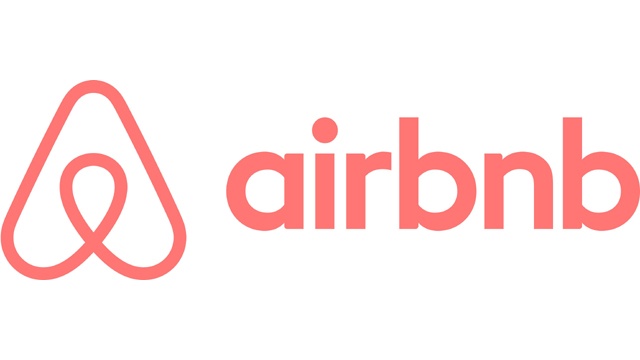BLOG
A recent article in The Boston Globe chronicled the case of a condo owner who earned rave reviews as a host on the vacation rental website Airbnb. He went to great lengths to accommodate the needs and whims of his guests, but apparently his willingness to oblige did not extend to his condominium association and fellow neighbors.
The unit owner was fined $9,700 for violating his condominium association’s rules against short-term rentals via the increasingly popular website, which allows users to list their residences for short-term rentals aimed at guests who desire more homey accommodations. The owner has retained an attorney to try to negotiate a lower fine, and he is quoted as saying that he “didn’t expect, as an owner, having somebody else in my own home would be a problem.”
Perhaps he should have known better, as most association’s covenants and rules prohibit short-term rentals, and some even include an application process with background checks for prospective tenants. Yet he and other unit owners are claiming ignorance of the rules after being hit with fines ranging anywhere from $100 to $1,000, depending on their associations’ bylaws, for each night that they have rented their units, according to the newspaper’s report.
With Florida’s countless luxury waterfront condominiums replete with investor-owned units that sit idle during large swaths of the year, the growing popularity of Airbnb and its rivals HomeAway and VRBO represents a potentially significant new problem area that should receive the attention of many association boards throughout the state. The prospect of a revolving door of short-term guests presents security and nuisance concerns, especially for condominiums, and the boards of the state’s condo associations would be well advised to review and possibly strengthen their covenants to specifically ban these types of rentals as well as ensure adequate enforcement provisions and procedures.
For those associations which are already contending with owners who are utilizing these websites for short-term rentals or suspect that it is taking place, their rules enforcement actions should begin with thorough investigations. In a non-confrontational and courteous manner, the property manager or board member should inquire with the new guests in the residences that are suspected of being rented as to the nature of their agreement with the unit owner and how they discovered the property. They should document their findings, and they should also research the websites to find and save the offending listings.
 Armed with this information, they can then move forward on two fronts: directly with the owner as well as with Airbnb or the website listing the unit. Airbnb includes in its terms and conditions for hosts that they must comply with the rules governing rentals in their communities, and the site reserves the right to purge any listings that it deems to be in violation of its terms. Presumably, the company and its rivals would be willing to consider the removal of listings by hosts that are in violation of community association rules, and one of my colleagues at our firm has learned of a case from a client in which Airbnb was contacted by the association and pulled a listing from its site after it learned of the rule violation.
Armed with this information, they can then move forward on two fronts: directly with the owner as well as with Airbnb or the website listing the unit. Airbnb includes in its terms and conditions for hosts that they must comply with the rules governing rentals in their communities, and the site reserves the right to purge any listings that it deems to be in violation of its terms. Presumably, the company and its rivals would be willing to consider the removal of listings by hosts that are in violation of community association rules, and one of my colleagues at our firm has learned of a case from a client in which Airbnb was contacted by the association and pulled a listing from its site after it learned of the rule violation.
In addition, associations should share the evidence that they have gathered of the rentals using these websites with their legal counsel, who can use the information to issue an immediate cease and desist letter to the unit owner and help the association to determine an appropriate enforcement mechanism. However, for unit owners who have already begun enjoying the rewards of their rentals, it is a safe bet that they will be reluctant to discontinue them.
For the ardent renters who will refuse to comply with these demands and continue to rent their residences, the association counsel should move quickly to file a Petition for Mandatory Non-Binding Arbitration on the rule violation with the state’s Division of Condominiums, Time Shares and Mobile Homes, administered under the Department of Business & Professional Regulation. The Division of Condominiums, through its Arbitration Division, is equipped to quickly and efficiently conduct arbitrations on disputes involving covenant and rule violations, and its final orders can involve both the issuance of injunctive relief (i.e., requiring someone to do or not do something), as well as requiring the non-prevailing party to pay the reasonable attorneys’ fees and costs of the prevailing party incurred in bringing the action to enforce the association’s covenants and rules.
In the new peer-to-peer sharing economy, Airbnb and the other websites enabling homeowners to rent their residences to short-term guests are here to stay and likely to enjoy continued growth in the years to come. The associations in Florida that wish to avoid these short-term rentals should act now in order to protect the interests of their members.

